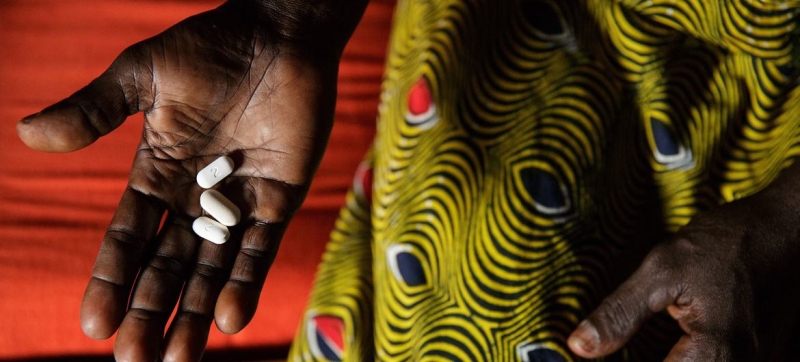
Of the 39.9 million people living with HIV, 9.3 million still lack access to life-saving treatment. Human rights key to ending AIDS: new UNAIDS report Health
A new UNAIDS report released on the eve of World AIDS Day confirms that respect for human rights is vital to ending the AIDS pandemic. The organization is calling on world leaders to protect the rights of people living with HIV and those at risk to achieve the goal of ending AIDS as a public health threat by 2030.
The right to health and equality
The report, entitled “Ending AIDS through human rights,” highlights that legal barriers and discrimination remain the main obstacles to defeating the epidemic.
“Despite the enormous progress made in the HIV response, human rights violations still stand in the way of the world ending AIDS,” said Winnie Byanyima, Executive Director of UNAIDS. “When girls are denied an education, when there is impunity for gender-based violence, when people are arrested for who they are or who they love, they are denied access to the services they need. To protect everyone’s health, we must protect everyone’s rights.”
Numbers that demand action
Today, of the 39.9 million people living with HIV, 9.3 million do not have access to treatment. In 2023, 630,000 people died from AIDS-related illnesses, and 1.3 million became infected with HIV. New HIV infections are rising in at least 28 countries.
The data for women and girls is especially alarming: every day, 570 young women aged 15 to 24 are infected with HIV, and in some African countries, their risk of infection is three times higher than that of their male peers.
HIV activist Nomonde Nguema said: “No girl should be deprived of the education and information she needs to stay safe. Discrimination and violence against girls is a human rights and health emergency.”
Legal Barriers and Stigma
The report highlights the criminalization and stigmatization of vulnerable groups, which significantly limit access to health services. In 63 countries around the world, same-sex relations are still criminalized, which increases HIV infection rates among LGBT communities.
“Punitive laws deter people from getting the help they need to prevent and treat HIV,” said Axel Bautista of MPact Global Action for Gay Men’s Health & Rights. “Instead of punishing marginalized communities, governments should uphold their rights.”
Innovation and global justice
Scientific advances such as long-acting drugs given only a few times a year offer hope of ending the epidemic. But their effectiveness depends on access.
“Medical technologies that save lives cannot be seen as mere commodities,” said Alexandra Calmy, an HIV specialist. – Revolutionary treatments must be available to all without delay.”
A Challenge for the Global Community
As Jeanne Gapia-Niyonzima, founder of ANSS and the first person in Burundi to publicly announce her HIV-positive status, emphasized: “If the world is to end AIDS, it must protect the rights of every person.”
The report also includes essays by world leaders such as Elton John, Archbishop of Cape Town Thabo Makgoba and Irish President Michael Higgins, who share their views on the need to protect human rights to defeat the epidemic.
UNAIDS continues to inspire the global community to achieve the three zeros: zero new infections, zero discrimination and zero AIDS-related deaths. However, success requires that human rights be at the core of the global strategy.
